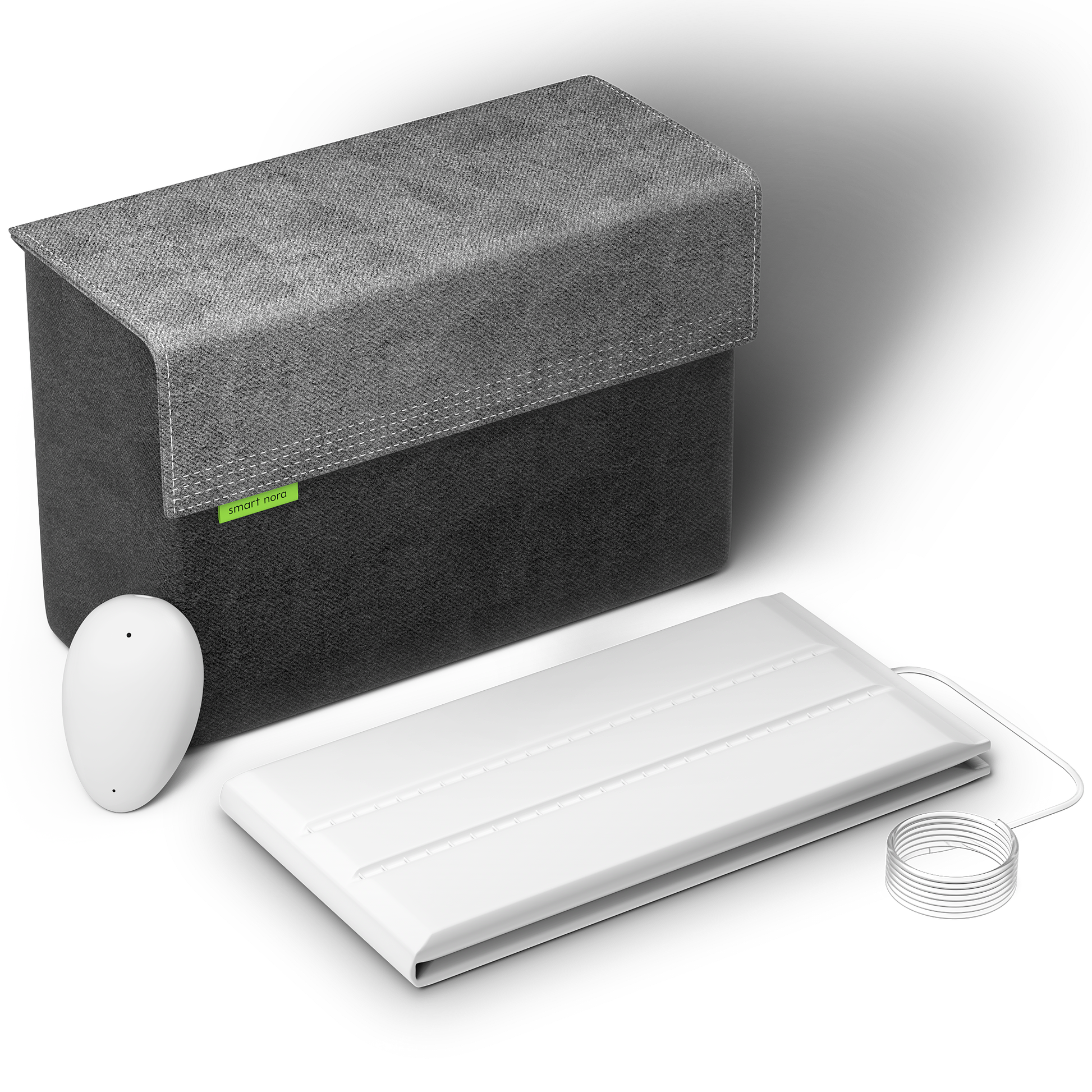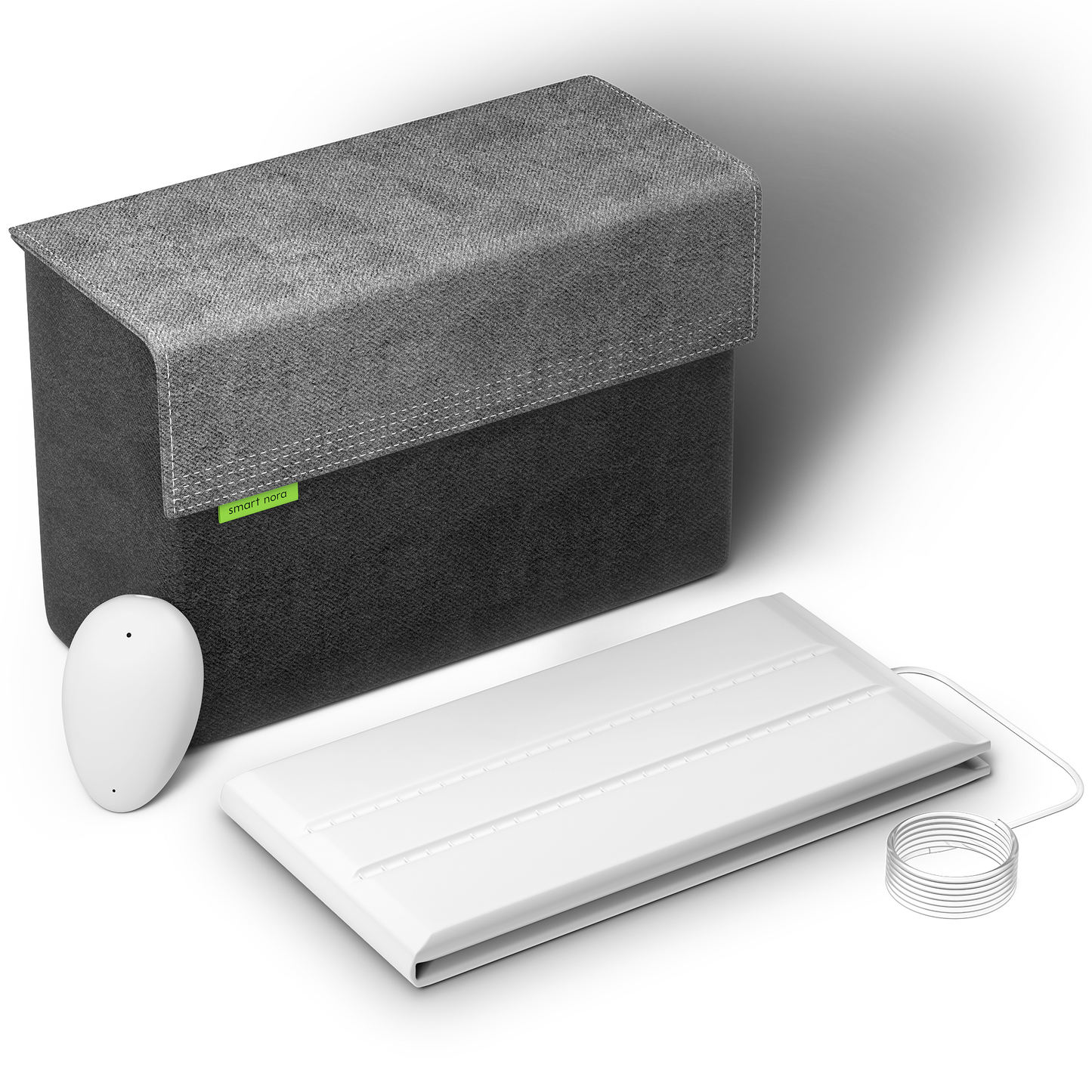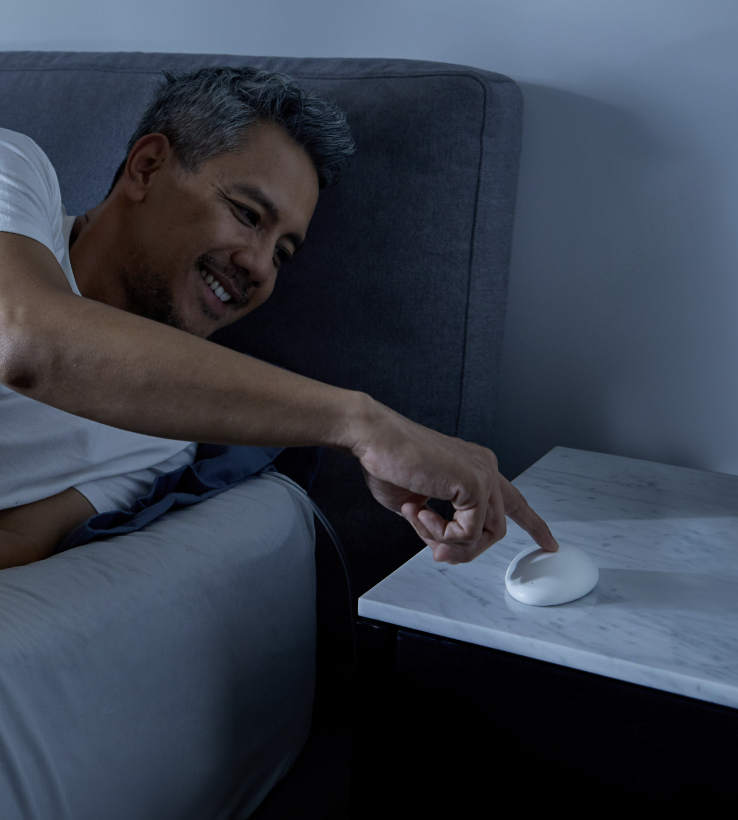Let’s do some sleep math. Last week, you slept for only two hours per night because a big project was due Friday. Then you tried to make up for it with four extra hours of sleep on Saturday and Sunday. After that, you were so energized on Monday morning that you only drank one, as opposed to your customary two, cups of coffee. But don’t let your so-called strength fool you – you’re still carrying a hefty burden of tiredness. Or what sleep experts refer to as sleep debt— in this case, a debt of almost six hours, or practically an entire night’s sleep.
Being in debt is unpleasant, especially if you are also sleep-deprived. Over time, this sleep debt can accumulate and impact your health. Does not sound good, right? Well, you can avoid it. How? Continue reading to discover more about sleep debt, the effects of insufficient sleep, and how you can avoid having this debt.
What is Sleep Debt?
According to a survey, Americans, on average, sleep 6.9 hours every night – with 6.8 hours during the workweek and 7.4 hours on the weekends. Work hours, traveling, socializing, unwinding, and watching TV are the most often reported activities that prevent Americans from getting enough sleep.
Although experts generally advise eight hours of sleep every night, some people may only need six, while others may need 10.
The gap between the hours of sleep somebody needs and the amount they get is known as sleep debt, or sleep deficit. For instance, if you only sleep for six hours every night while your body requires eight, you would have two hours of sleep debt. You will accrue a sleep debt of 14 hours if you do this for a week.
There are two types of sleep debt – partial sleep debt and total sleep debt. When a person sleeps too little for consecutive days or weeks, they are said to be in partial sleep debt. On the other hand, if you were up for at least 24 hours, you are in complete sleep debt.
Plus, sleep debt is cumulative – going to bed half an hour or an hour later than usual on a few days can quickly mount.
If your reason for being in sleep debt is something else, like maybe a snoring partner, you should invest in a snoring aid like SmartNora. SmartNora is a science-backed smart anti-snoring device that readjusts the position of your pillow as soon as it detects a snoring sound.
Effects of Sleep Debt
Since getting enough sleep is crucial for your health, sleep debt can be detrimental. Sleep debt can interfere with your daily activities, including working, studying, and driving. It can also have the following effects:
- Reductions in thyrotropin levels (the thyroid stimulating hormone responsible for the body’s metabolic rate).
- Reduced glucose and insulin levels lead to impaired carbohydrate tolerance.
- Increased levels of evening cortisol (the stress hormone).
- Can interfere with metabolic, endocrine, and immune processes.
- Cardiovascular and age-related ailments get worse over time and become more severe.
- Increases fear and anxiety in response to unpleasant emotional inputs and experiences, which alters mood.
You might feel like all is well after pulling an all-nighter, but you won’t always feel exhausted when you have a sleep debt. According to research, people who experience chronic sleep deprivation may be able to cognitively adapt and not feel too exhausted even though their body is experiencing a severe plunge in both physical and mental functions.
How to Recover Lost Sleep?
Sleep debt can be paid off with effort, just like any other debt, but you can’t do it all at once. For those who experience chronic sleep deprivation, take it easy for a few weeks to restore a healthy sleep schedule. Your body will settle into a sleep pattern that is ideal for you as you erase sleep debt. Here are some of the ways to recover from lost sleep:
- Maintain Good Sleep Hygiene: Your sleep hygiene has a significant impact on the quality of your sleep. Making sure your room is a comfortable place to sleep as well as taking some time to relax and get ready for bed, are all part of good sleep hygiene. In actuality, maintaining a regular sleep pattern and a good pre-bedtime routine are equally vital to your ability to unwind and sleep.
- Go to Bed When You Feel Tired: When you are fatigued, go to bed so your body can wake you up in the morning (no alarm clocks needed). At the start of the recovery cycle, you might experience irritability and expect to get at least ten hours of sleep each night. But you will gradually spend less time sleeping as the days go by.
- Have a Consistent Sleep Schedule: You may prioritize sleep and ensure you’re getting enough rest by keeping to a defined sleep routine. If you need to adjust your sleep schedule, do it gradually in 30 to 60-minute increments.
- Take Power Naps: If you haven’t had enough sleep, you should take a power nap. You’ll feel more rested and ready to take on different chores throughout the day if you do this. However, taking a nap won’t help you make up for lost sleep. Naps can help you feel less tired and give you more energy, but they shouldn’t disrupt your regular sleep schedule.
- Be Patient: Keep in mind that recovering from a sleep debt can take days. You should gradually lengthen your sleep by 15 to 30 minutes at a time until you achieve the recommended amount of sleep for your body. Your body will take care of the rest if you concentrate on improving your sleeping habits and consistently getting enough sleep.
Planning to Pay Off the Debt?
Now that we have discussed what sleep debt is, effects of sleep debt and how to pay it off; let’s backtrack a little. Sleep debt is very much a real thing and not just another sleep myth. Sleep debt cumulated over time can negatively impact your body; therefore, it is better to keep a track of it instead of suddenly being hit with its impact.
Keeping a track of the number of hours you sleep will help you be more aware and take calculated decisions regarding your sleep patterns.
Consider getting enough sleep as a preventative measure rather than just another task. You should begin to consider sleep to be an essential component of your life and general wellbeing. Keep in mind that sleep can improve your health and reduce the chances of chronic diseases.
Get professional assistance if you’re still having trouble with the impacts of sleep deprivation. If there are other possible causes of poor sleep, impacting both quantity and quality, such as insomnia or sleep apnea, consult a board-certified sleep specialist.














